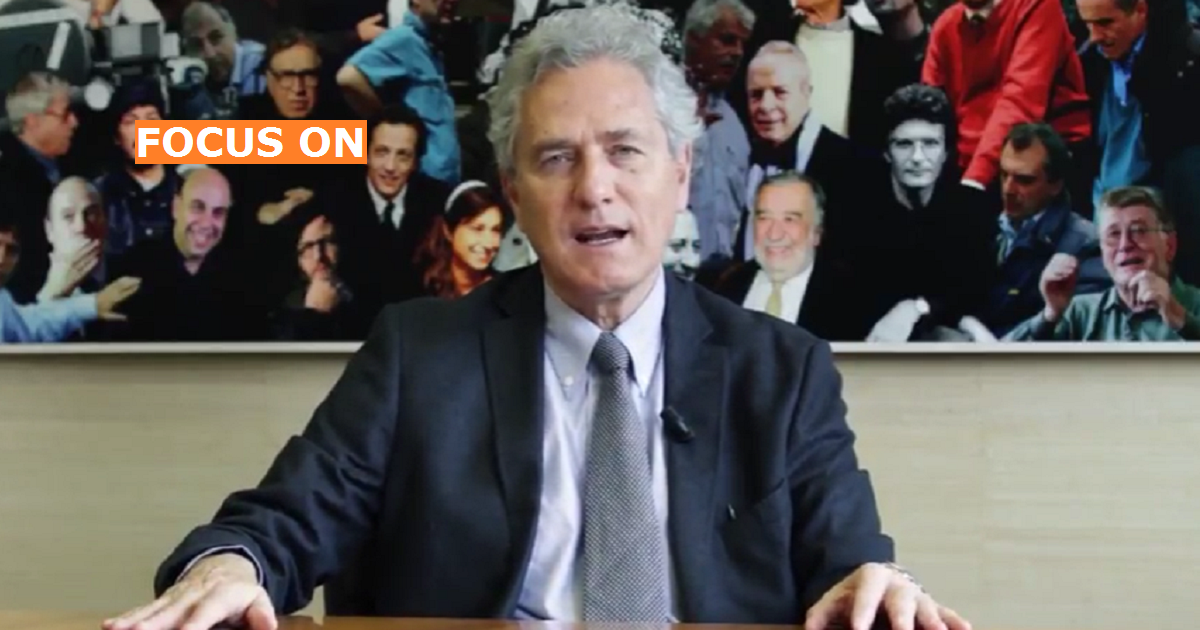The urban future of cinema: an interesting conference in Rome
An interesting conference, the one on The urban future of cinema, promoted yesterday in Rome by ANICA.
The conference was introduced by a brief but effective contribution of Francesco Rutelli, who since last October presides the Association.
There can be no cinema without cinemas
"There can be no cinema without cinemas" Rutelli said in his speech. But in reality his, although expressed in affirmative form, has appeared a question.
The debate on this point was indeed very intense and lively. With a diversity of accents and different opinions also significant, such as for example those expressed in the intervention of mediologist Alberto Abruzzese.
However, the challenge that the conference wanted to launch is clear: talk about cinema in its industrial and artistic dimension, but looking at all the possible implications of it with the cultural and urban development.
The context
In the background two coordinates for debate.
The processes taking place in the industry, new trends of cultural consumption and methods of use of cultural content introduced into the debate by Barbara Riatti, Group Account Manager GfK. With a communication interesting for the general insight that was offered and for some highlights, such as that relating to the relationship between cinema and youth.
And the new legal framework offered by Franceschini Act cinema, approved and awaiting the decrees, on which focused Nicola Borrelli, Director Cinema MiBACT, in his closing speech and that, even with limitations and uncertainties, is presented for the first once such a system law.
In the debate, beyond some positions, it appeared definitely a common awareness. The movie theater, to reaffirm its role today has to renew itself deeply. On three fronts: through a clearer and unambiguous characterization in the process of consumption of cinema marked by a multiplicity of instruments; a profound renewal of his duties, a rethinking in an urban integration logic.
The proposals
On the first point there is to innovate to better characterize the specificity and uniqueness of the use of model you can have the movie theaters. To this end no longer enough to recall that in the movie theater there is a collective enjoyment. But there is to deal with the question of the cinematic immersion, theme that is closely related to that of the major restructuring of the theaters. And, as mentioned by Luigi Cuciniello, President of ANEC, the cinematic immersion requires large spaces, which have large costs.
On the second point we need to rethink deeply the function of the movie theaters. As pointed out by Claude-Eric Poiroux, General Director of Europa Cinemas, "the tendency is to have multifunctional multiplexes in the city centers." This is because, as he said Carlo Bernaschi, president of the ANEM multiplex operators, the viewer is attracted not only by the film, but by all incidental experiences in modern and multifunctional centers.
On this point, ideas and suggestions have emerged, especially in the video speech of Paolo Sorrentino, Enrico Vanzina, Carlo Verdone, Giovanni Veronesi and Paolo Virzì. With accents and different sensibilities have all, however, stressed the need to make more attractive the experience of cinema in theater by the viewer.
Still on the subject of the innovative role of the movie theater they are been brought also some very interesting practical experiences. Gianantonio Furlan, Managing Director IMG Cinemas and Lionello Cerri, CEO Anteo SpA, presented, respectively, the experience of the great cultural center in Venice Mestre and of the Cinema Anteo in Milan, highlighting the achievements and potential related to this change in perspective.
About Theme of the integration of the movie theater in urban areas they were brought various contributions.
By Technicians: Gabriele Napolitano, Architect Group SpA; Luca Zevi, President InArch Lazio; Claudio Rosi, Town Planner. And by public administrators: Luca Bergamo, Deputy Mayor and Councilor for Cultural Growth Roma Capitale; Lidia Ravera, Councilor for Culture and Youth Policy Region Lazio; Vincenzo Santoro, Head of Department of Culture and Tourism ANCI.
Other important contributions were brought by Nicola Zanardi, Founder and Partner Hublab; Domenico Dinoia, President FICE; Francesco Giraldo, General Secretary of ACEC and Valerio Carocci, President Association Small Cinema America.
A conference with many ideas that we hope will be further deepened and especially transformed into concrete projects and works.


 Italy Movie Tour
Italy Movie Tour 

